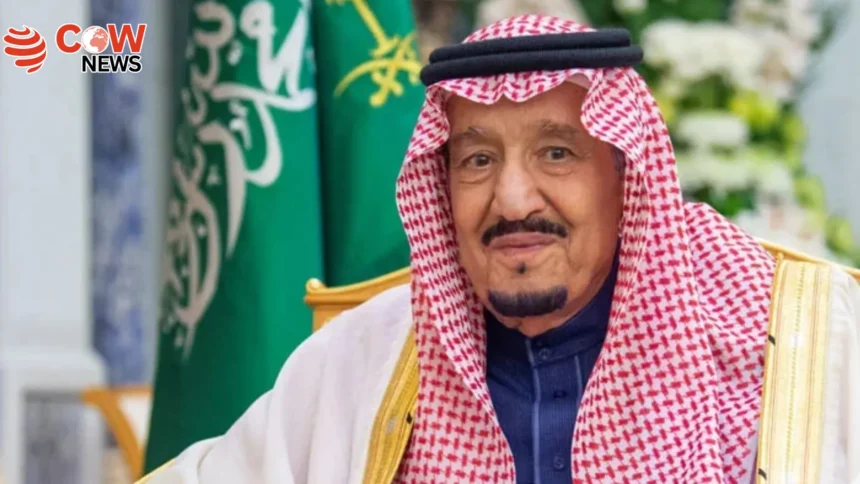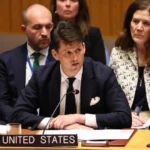As tensions between Iran and Israel continue to escalate, Saudi Arabia’s King Salman bin Abdulaziz has issued a directive to ensure the safety and well-being of Iranian pilgrims currently in the Kingdom. The monarch emphasized that Iranian visitors are guests of Saudi Arabia until peace and stability return to their homeland.
In a statement released by the Royal Court, King Salman instructed the Ministry of Hajj and Umrah to provide all necessary facilities and security measures for Iranian pilgrims. He stressed that religious duties must not be affected by political or military tensions, and that those in the Kingdom for pilgrimage should be treated with dignity, hospitality, and care.
“Until conditions in Iran return to normal, Iranian pilgrims are our honored guests,” King Salman declared, reaffirming Saudi Arabia’s commitment to safeguarding visitors irrespective of geopolitical differences.
The order comes amid a worsening military conflict between Israel and Iran, which has seen dozens of airstrikes and missile attacks over recent days. On Friday morning, Israeli jets targeted multiple sites across Iran, including military leadership residences and nuclear facilities, resulting in the deaths of at least 78 people, including six prominent nuclear scientists.
In retaliation, Iran launched Operation Wa’ad Al-Sadiq III, a massive missile campaign targeting Israeli cities and strategic assets. According to reports, between 150 to 200 missiles were fired in three waves over a span of one hour. These included 100 missiles in the first strike, 50 in the second, and another 50 in the third round.
Due to the ongoing conflict, Iran’s airspace has been closed for international flights through the weekend, stranding many citizens abroad, including pilgrims performing Hajj in Saudi Arabia.
This year’s pilgrimage saw over 1.6 million Muslims from around the world, with thousands of Iranians among them. With Iran’s borders effectively sealed and flights suspended, Saudi Arabia’s decision to host Iranian pilgrims with extended hospitality has been widely welcomed.
The move is seen as a gesture of goodwill amid regional volatility and a reaffirmation of Saudi Arabia’s role as Custodian of the Two Holy Mosques, responsible for the protection and care of all Muslim pilgrims, regardless of nationality.







